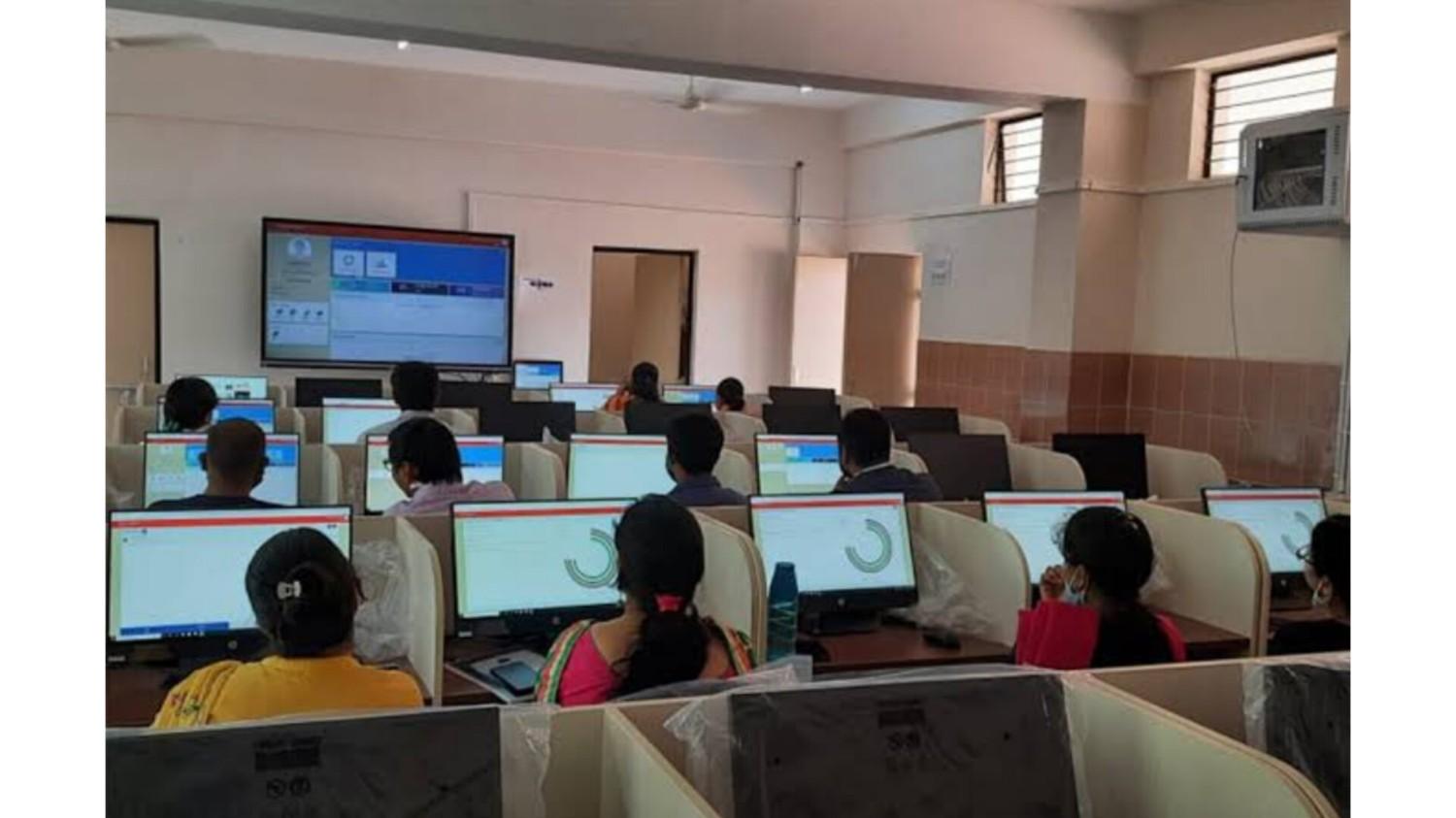There was a time when studies meant intimacy in the eyes of the teacher, the sound of chalk on the blackboard, and arguments with colleagues. He was a social and emotional experience, where knowledge was not just a syllabus, a common process. But today’s studies have been reduced to a screen. Students lasting on mobile, tablet or laptop watch videos for hours, download notes and give tests. This continuous contact does not physical, gives rise to mental fatigue-an invisible pressure that frequently draws towards the screen, fills with restlessness of the performance, and stresses continuously compared.
Technology has given many features, but excessive digital interaction can spoil mental balance. According to a study published on ResearchGate, digital platforms such as video conferencing and metavors reduce the activities of parasympathetic nervous system, which makes the user feel more tired and stressed. Another study found that when university students stay on screen for a long period, their Learning satisfaction decreases, and it leads to digital burnouts in the absence of self-regulation.
This problem is emerging rapidly in India too. NCERT’s 2022 report -“Mental Health and Well‑being of School Students” -According to, 51% of the students told difficulty in understanding the material in online studies, while 81% of the students considered studies, examinations and results as the biggest reason for concern. This figure makes it clear that digital education is not just a technical problem, but also a deep crisis of mental health.
In addition, the soul of the soul of education between the student and the teacher used to be almost over. A survey of Azim Premji University found that more than 80% of teachers admitted that it was almost impossible to maintain emotional engagement with students in online classes. The effect of this communication gap is that students are unable to express their fear, fatigue or confusion, and alone keep struggling with that burden.
To overcome this crisis, it is not enough to blame only technology. The solution is where there is understanding, sympathy and balance. Guidelines for World Health Organization say that young children should get limited screen time and frequent breaks-but this warning applies not only to young children, but also to teenagers and young students. Break, mental relaxation and live dialogue should be compulsorily in online education.
Education is not only a process of bringing marks-it is a mode to balance the mind, brain and life. If a student is shattered from within despite being successful in the exam, then it is not his, our system failure. Now is the time that we consider the student not a roll number, but a thinking person. Whoever becomes the future of online education, it will be meaningful only when compassion with technology, and dialogue with content is added to it. There is also a mind on the other side of the screen-which is tired, afraid, and expects. Listening, understanding and handling that mind is the biggest responsibility of this era.










